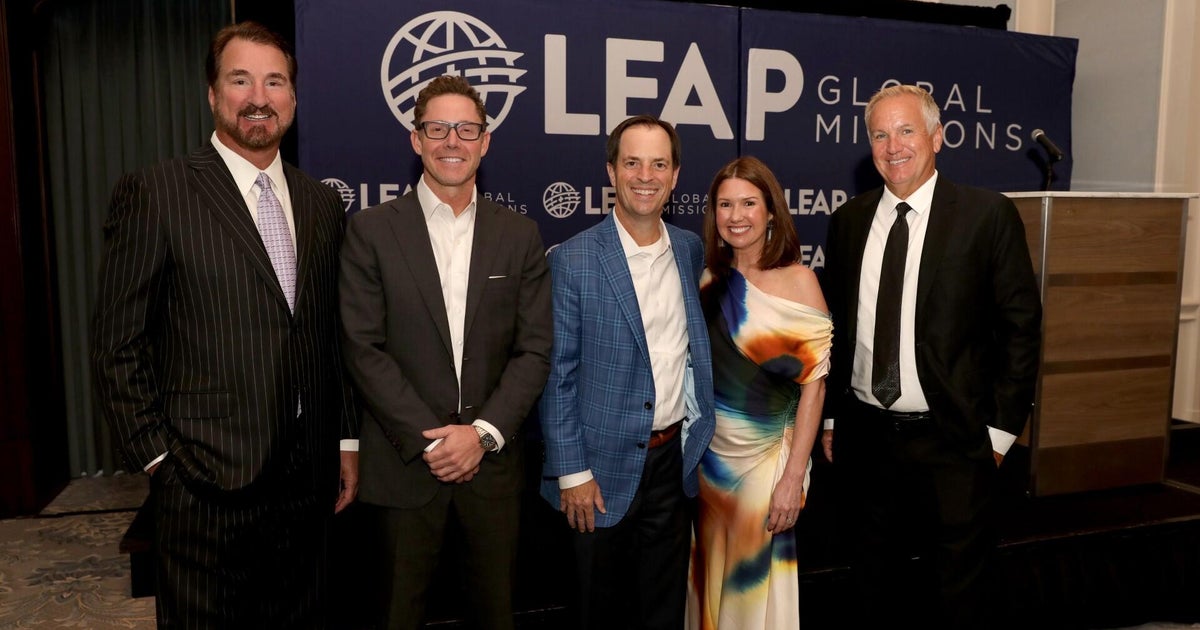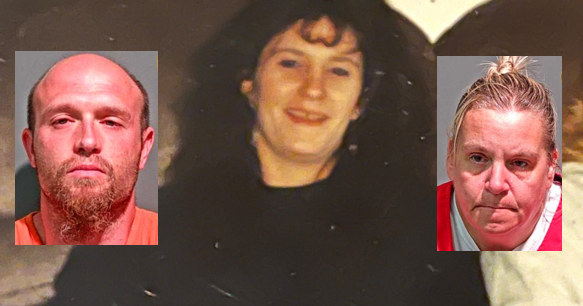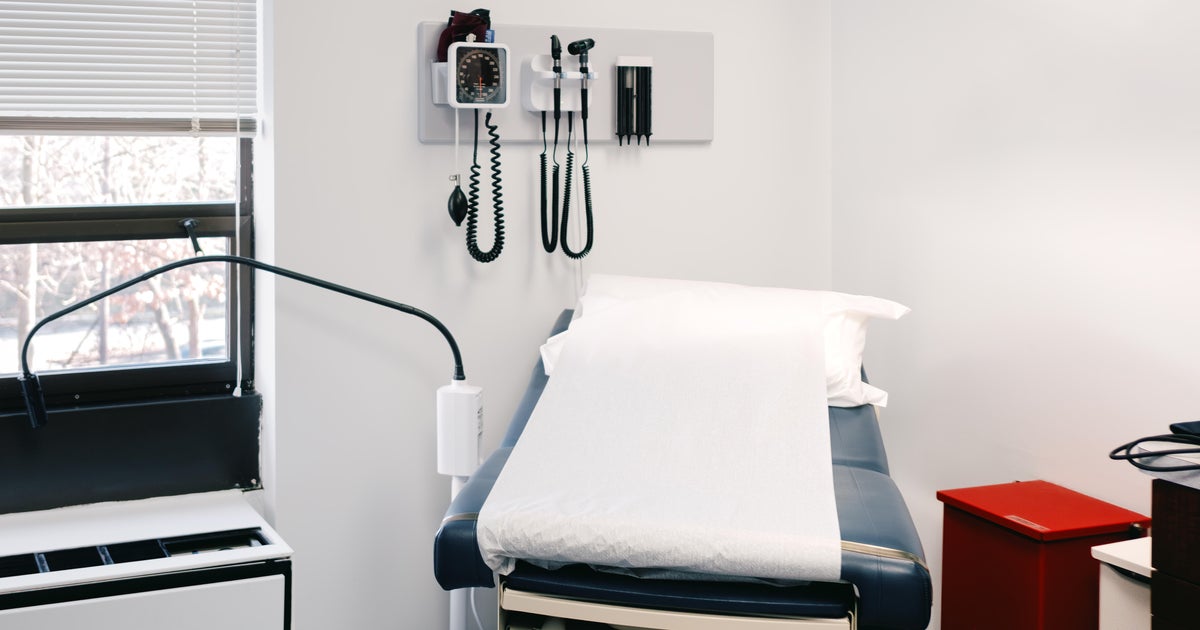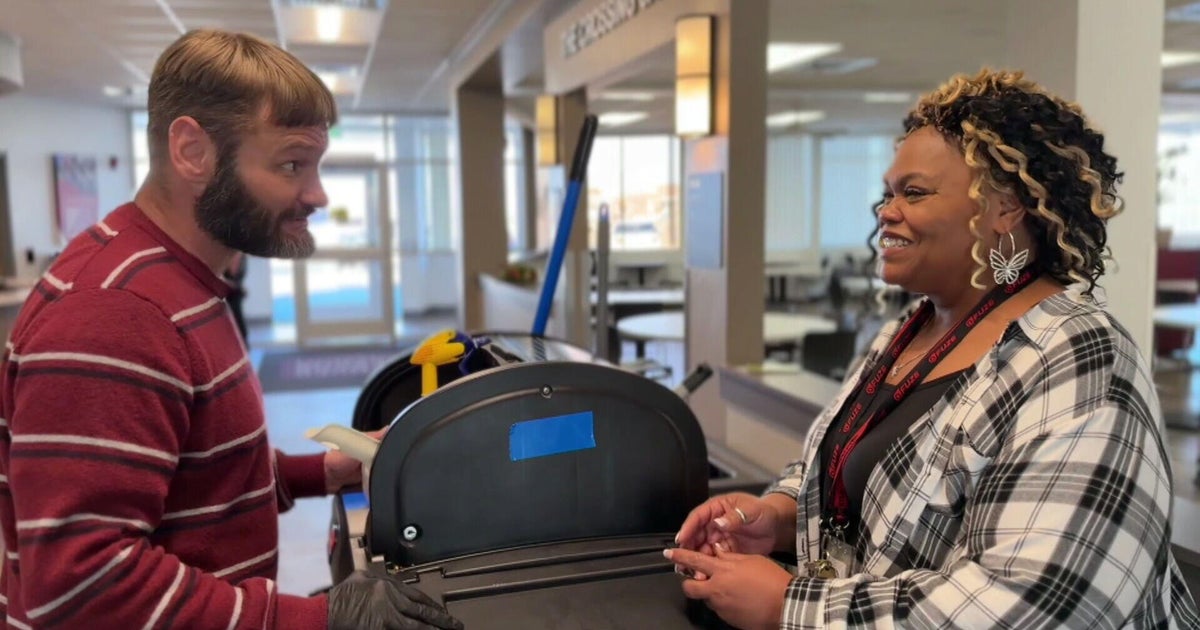Study Suggests Mammograms Should Be Personalized
DALLAS (CBSDFW.COM) – New research published in the Annals of Internal Medicine suggest mammography screenings should be personalized, based on the woman's age, breast density, family history and other factors.
The research, partially funded by pharmaceutical company Eli Lilly, suggests that personalizing the screening will allow doctors to make a more accurate assessment of a woman's risk of developing cancer.
"If it helps save lives, I'm all for it" says Paula Collins, who is at high risk of acquiring breast cancer.
Her father died of colon cancer at the age of 52. Her mother is a breast cancer survivor and she gave birth to twins after the age of 30, which is also a risk factor.
Collins had her annual mammogram at Texas Health Presbyterian Hospital Plano today.
"Every year that I get my mammogram, it scare me because you always have it in the back of your mind," Collins said. "What if, what if, what if? So being here today, I'm kind of holding my breath until I get my results."
In Nov. 2009, the U.S. Preventative Task Force revealed new guidelines recommending women start having mammograms every two years starting when they turn 50 instead of annual mammograms beginning at 40.
But in January, another study suggested 65,000 lives could be saved if women began getting the mammograms at 40. Combined with the personalization, researchers hope they can save even more lives.
Texas Health Presbyterian says it also screens for other risk factors such as whether a woman has had her ovaries removed, exposure to chest radiation treatments, if they drink more than four to six servings of alcohol a week and exercise level.
According to the National Cancer Institute, more than 200,000 women in the U.S. were diagnosed with breast cancer in 2010. Nearly 40,000 women died from breast cancer last year.
Here's the full study:







